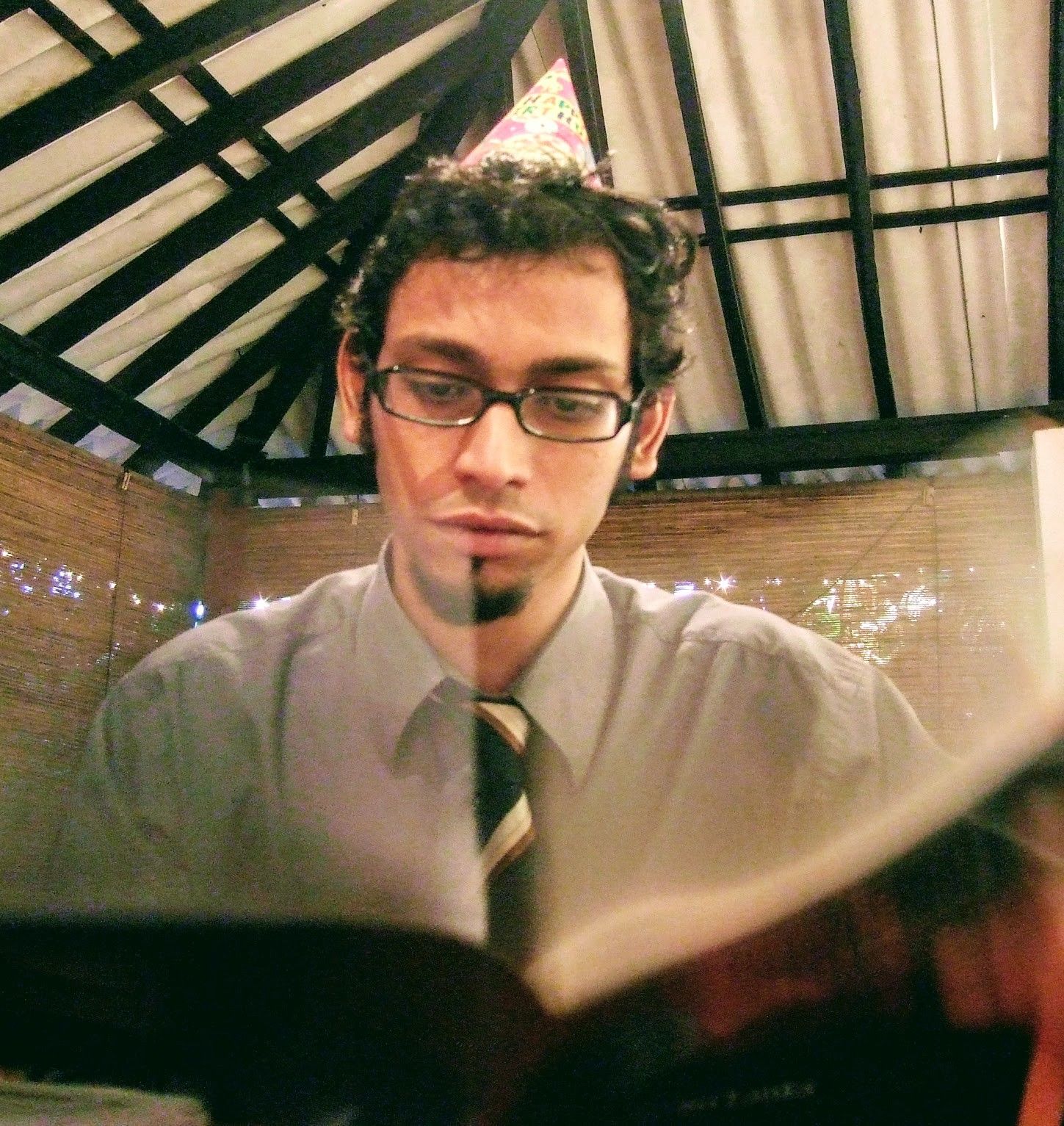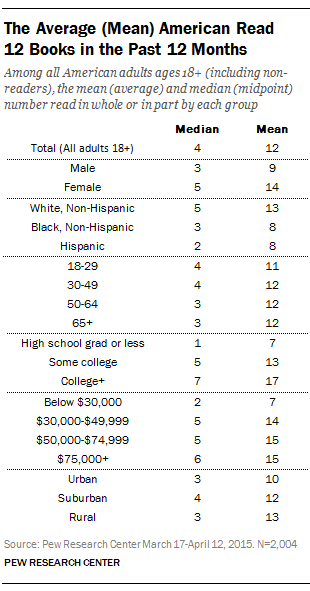CEOs Do Not Read a Book a Week
Hucksters love using this number to sell… videos

The average CEO does not read a book a week. There are no studies on this, just a bunch of YouTube hucksters in a circle jerk. There are, however, studies on mere mortals.
The average American reads 12 books a year. The highest income earners ($75,000+) read 15. It’s not a huge difference. I have been and met CEOs and they’re not smarter than anyone else. As Michelle Obama said:
“I have been at probably every powerful table that you can think of, I have worked at nonprofits, I have been at foundations, I have worked in corporations, served on corporate boards, I have been at G-summits, I have sat in at the U.N.: They are not that smart.” (Newsweek)
The lie of late capitalism is that it’s a meritocracy and that people are on top because they’re somehow better. Education is supposed to be one way to differentiate that, but when western educations cost upwards of $100,000 now, it’s becoming another class shibboleth.
That said, reading is wonderful. I read a lot of books and it deepens my thinking whereas reading the news and Internet stuff mainly makes me angry. Reading is a wonderful habit, but making a capitalist dick-measuring contest out of it isn’t.
It also just doesn’t make sense, if you’ve done any reading.

Averages
A book a week is 52 books a year. Bill Gates says he reads 50, so slightly below average. By this measure, half of the CEOs are reading more than a book a week. There have to be some CEOs reading three or four books a week for the numbers to work, especially since 27% of the general population reads zero. Does Bill Gates being an average CEO even make sense?
CEOs
Another inconvenient fact is that Bill Gates isn’t a CEO. He’s a Chairman of a foundation to dispense of his untaxed money in self-indulgent ways. He has time to read. But let’s say that a CEO just means a rich person with power.
How would you conduct that study? I’ve been a CEO, but of a tiny company. Would you count me but not Sheryl Sandberg (a mere COO)? Does this make any sense? What the hucksters are trying to say is that reading will make you rich, but then we have data on wealth. As mentioned, people earning more than $75,000 read an average of 15 books per year. This is a researched number, and it’s not 52.
Does this even help?
The fact is that there are real differences in income and reading. Someone earning $30k reads 7 books a year compared to 15 for the wealthy. The difference is even bigger based on education, people with a high school diploma read 7 compared to 17 for higher graduates. But then you have to ask another question.
Did people get rich because they read books, or do they read books because they’re rich? I sometimes spend $100 a month on books. This is 20% of the average monthly income where I live.
One of the first things they tell you in a statistics book is that correlation is not causation. There is a strong correlation between wealth and reading, but it’s not at all clear that one causes the other. Rich people drive Ferraris more than poor people, is that how you get rich?
What are they selling?
The real question is what are people selling with this statistic. Blinkist uses it to sell 15-minute summaries of books. Tai Lopez also uses it to sell videos. People use this made-up metric to sell everything but books. That’s what I love, nobody quoting this number is actually selling you a book. They’re like, “CEOs read a lot of books! Watch this video!”
Forget books, these hucksters don’t even Google. Take Jim Kwik, who is both making up a number and being wrong about a known one.
“Do you know how many books the average person reads per year?” he said. “Literally two or three, for the entire year. And yet, the average CEO is reading four or five books per month. That’s a drastic difference.” (Jim Kwik)
The average person reads 12 books, Jim. The median is 4, which does tell you something (many people read zero), but that’s not what you’re saying. Hucksters like Jim Kwik are using this little lie to perpetuate an even bigger one.
That lie is that the rich have a ‘secret’ and they’re the ones to tell you. Just sign up for this online course, or send them money. This stat is also used to perpetuate the lie that the rich are somehow harder working and better than everyone else and that we do not need to do anything to reduce inequality, except spending money to improve our wretched selves. It feeds into the idea that inequality is the fault of the poor, and the virtue of the wealthy. This isn’t just incorrect. This lie keeps people down.
Why books are important
Books are important because they can lift people up. Having books at home changed my life. Mrs. Carol Stewart, Mrs. Conroy, Mrs. Simmons, and the Upper Arlington Public Library changed my life. I can still walk through most of the shelves in my mind. Do you know why I had those opportunities? Because my parents had money. Because they lived in a rented house in a rich school district so I could go there.
That’s causation, I didn’t just suddenly decide as an adult to read a lot because I’m better than everyone else. That’s the ladder that we need to extend downwards, not paid videos from people that can’t Google. We don’t need paid access to video libraries. We need public libraries.
Books are not important because CEOs and rich people read them. They’re important because they open so many more doors than that. Yes, you can read and be a CEO, but you can also become a poet, or a scientist, or a better lover, or cook, or just a more interesting human being. You can be a man or a woman or a robot or anyone or anything you want. Once I read an entire shelf of baseball biographies. I was never going to play baseball, but it just took me to another world.
Books are so much more than a way to sell snake oil. They are medicine. So, by all means, read a book. Donate a book to your local library. And overthrow the capitalist bullshit that tells you books are important, so buy this video. Read a book, learn some empathy and don’t just improve yourself. Help each other. That’s how books can change hearts, and that’s how they can change the world.